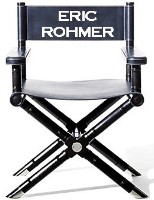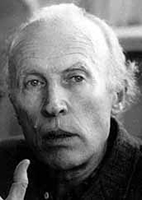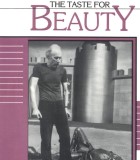

Eric Rohmer has created a unique niche for himself; coming out of the Nouvelle Vague experimental era, his films have strongly established themselves without over-utilization of cinematography adaptations such as tracking shots, jump cuts or reverse angles, and he prefers using only natural sounds (no artificially induced noises or music to enhance the existing soundtrack). The experience subtly conveys to the viewer the ability to identify more closely with the characters and more intimately with the plot and storyline. Mr. Rohmer has stated "Ever since the cinema attained the dignity of an art, I see only one great theme that it proposed to develop: the opposition of the two orders - one natural, the other human; one material the other spiritual; one mechanical, the other free; one of the appetite, the other of heroism or of the grace - a classical opposition, but one our art is privileged to be able to translate so well that the intermediary of the sign is replaced by immediate evidence.
Suggested Reading
(click cover or title for more info)
The Taste for Beauty (Cambridge Studies in Film)
by Eric Rohmer
Criterion's Six Moral Tales Boxset Arrow Films 8 PAL DVD Boxset
Eric Rohmer: Early Works Boxset
Director - Feature filmography and DVDBeaver links:
The Romance of Astrea and Celadon (2007), Triple Agent (2004), The Lady and the Duke (2001), Autumn Tale (1998), A Summer's Tale (1996), Rendezvous in Paris (1995), A Tale of Winter (1992), A Tale of Springtime (1990), Boyfriends and Girlfriends (1987), Four Adventures of Reinette and Mirabelle (1987), The Green Ray (1986), Full Moon in Paris (1984), Pauline at the Beach (1983), A Good Marriage (1982), The Aviator's Wife (1981), Perceval (1979), The Marquise of O (1976), Chloe in the Afternoon (1972), Claire's Knee (1970), My Night at Maud's (1969), La Collectionneuse (1967), Girl at the Monceau Bakery (1963), Suzanne's Career (1963), Le Signe du lion (1959)
